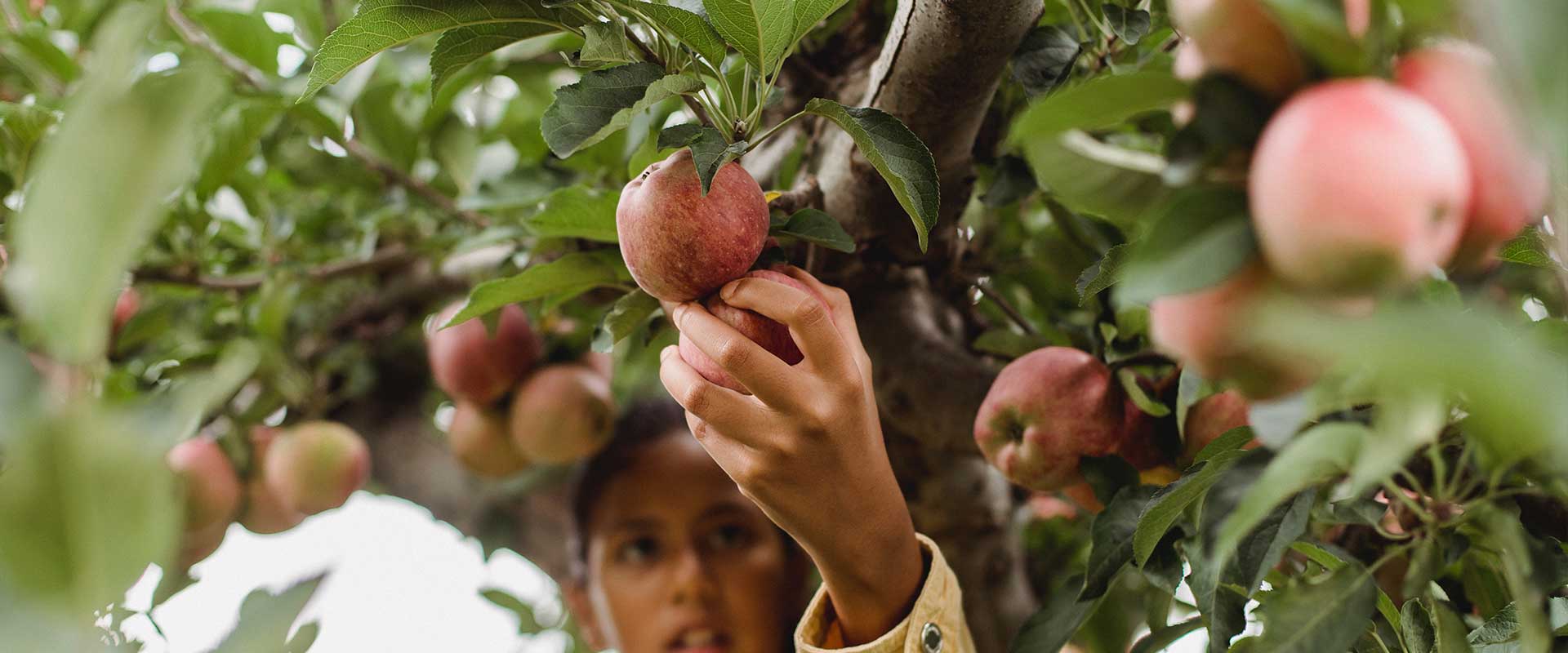Dispersed forage feeding to minimise negative impacts on soil and water quality
November 2022
Scott Hassall harvests kale at scale on his farm in North Canterbury. Harvesting kale, (mowing, chopping, and feeding out) is not common practice in New Zealand. Scott’s farming practices have provided an opportunity to investigate some of the environmental impacts harvesting kale may have, including the soil physical properties beneath a kale crop after harvesting or grazing in situ.
The opportunity this process presents extends further than what we were able to assess. For the purposes of the project we investigated soil compaction and nutrient loss between a harvested system and a grazed in situ system. The results demonstrated little difference in soil compaction and a substantial difference in nutrient loss. Further detailed research would be required to statistically analyse the difference in soil compaction between the two different systems and should include different stock classes.
A financial analysis illustrated little difference in the cost of the systems when they are compared on a feed value basis. On a pure cost basis, the costs are higher in the harvesting system than that of a grazed in situ system.
Crop utilisation was visually different between the two processes, the harvesting system leaving behind a very clean paddock. This has advantages including no cultivation being required prior to direct drilling with the next crop, and lower loss of topsoil as small weeds or young plants start growing once the kale has been cut and taken away. Harvesting provides the opportunity to plant crops earlier.
This project has identified there is huge promise in the harvesting system, however a more detailed investigation is required to realise the full potential of the system. Future research should focus on scientific analysis and expand the project to use cattle as the main livestock enterprise to assess the benefits of the system on a farm that is highly cattle focused (dairy or beef).
Overall, this system and process is one that Scott Hassall will continue to use in the future. We believe other farmers should adopt the idea and utilise in their own farming systems.
The Our Land and Water Rural Professionals fund has been a great opportunity to look further into a good farming idea to assess the viability of the idea, including the benefits or challenges, and the potential for uptake by interested farming parties. Our project was developed subsequent to a discussion between farmers on the strategies and tools implemented after a period of drought and a need to feed multiple stock classes with minimal feed resources.
Prepared for Our Land and Water National Science Challenge, Rural Professionals Fund by The AgriBusiness Group
 View Our Strategy Document 2019 – 2024
View Our Strategy Document 2019 – 2024



